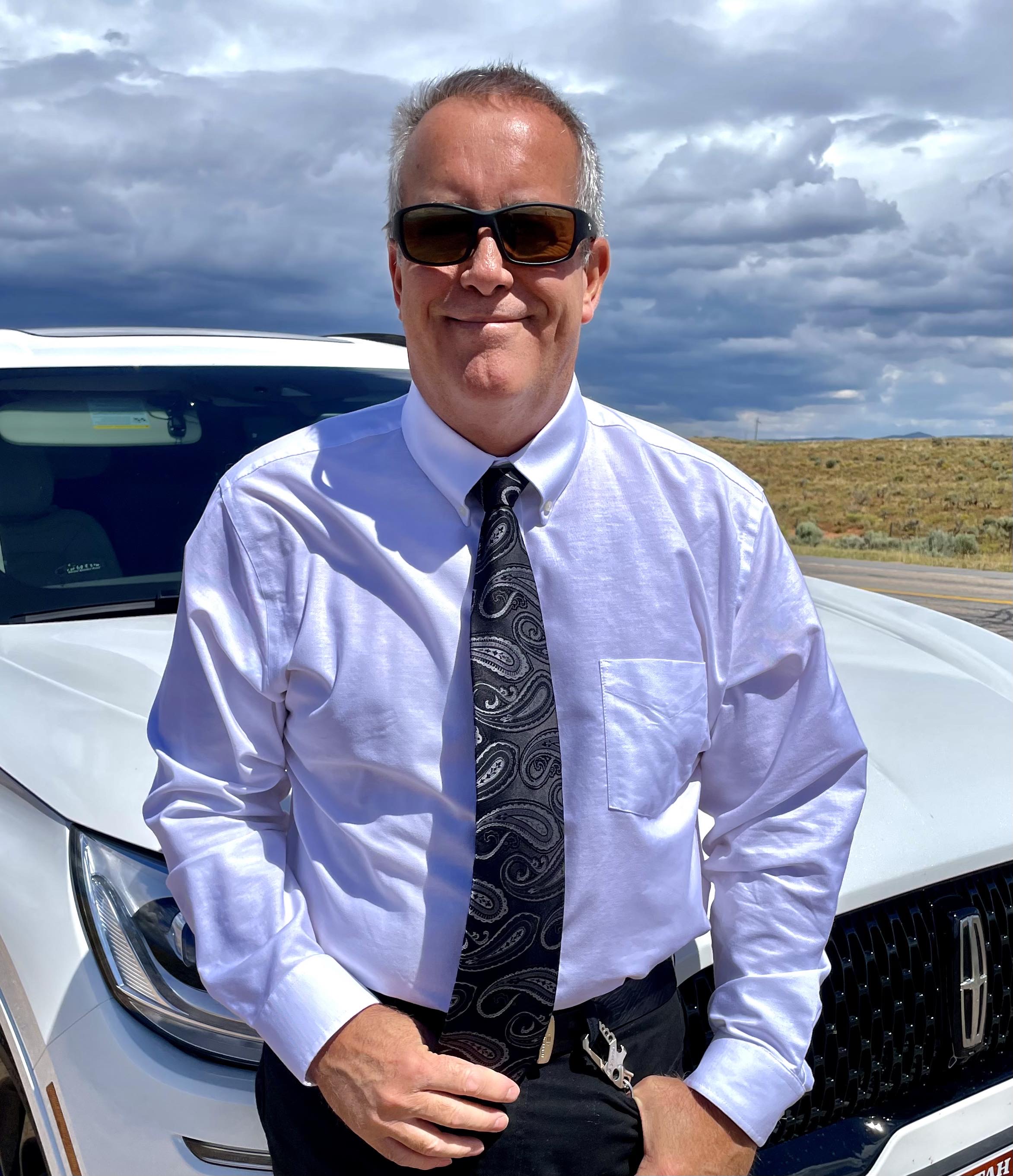Trust in Leadership
- Steve Feller
- Mar 31, 2024
- 3 min read
Updated: Mar 31, 2024
"Trust is the bedrock of successful leadership. Servant leaders build trust by demonstrating authenticity, transparency, and a genuine concern for the welfare of their team, trusting the team solidifies the bond. This trust forms the basis for strong, enduring professional relationships." Steve Feller
I wanted to expand on the subject of TRUST in leadership. To grow into a successful leader, you must first trust yourself, this is the first key factor. Stephen M. R. Covey says, "To build trust with others, we must first start with ourselves." We may think we trust ourselves, but are we outwardly displaying the form of trust people seek? We need to show our vulnerability to our team, be genuine, and hold ourselves accountable.
"Real trust, the kind that works, only exists when people are able to show their own vulnerabilities, not before then. You will have found it when, without fear of the consequences, you can tell your teammates things like "that's all I know," "I'm afraid," or "what you did hurt me." From the book Leaders Don't Command, by Jorge Cuervo
I know that I struggled with trusting myself early in my career. I spent too much time second-guessing decisions and worrying that I had made the right decision. But I eventually found that people were more accepting when you moved quickly and made a decision. But then, openly admitted that it may not be entirely correct, we would make adjustments and move on. Being open to allowing your team to offer correction suggestions built more trust.
This leads me to the second key factor: TRUST Your Team. Building trust with your team is crucial. Allow them to make mistakes, trust them enough to make decisions, and give them enough autonomy to grow. Some may say leaders need to make all the big decisions, but I disagree; some of the best ideas come when the team culture allows creative thinking. I will be the first to admit that I don't have all the answers, but I am great at filtering ideas.
From a Harvard Business Review. "Greater transparency doesn't just foster trust — it's also been shown to fuel creativity, performance, and profitability. In contrast, when colleagues withhold information from their teammates, there are frequently deeper issues at play. "Knowledge hiding," as it's referred to in academic literature, often suggests a lack of psychological safety or an underlying power struggle." How High-Performing Teams Build Trust by Ron Friedma
I recently had the opportunity to hear Erik Weihenmayer speak. If you don't know who Erik is, he was the first blind man to climb Mt Everest. He also kayaked the 277 miles of the Grand Canyon—Erik's words on teams and trust. "Ropes teams" are invaluable. No one gets to the summit alone. Erik extolled the essential ingredient of trust in a good team. Do you trust your team? Are you linked together behind one vision? Everyone doing what each needs to do for the sake of the team? In climbing, if one hiker starts falling, the climbers on each end do what is necessary to stop them one from falling, for his sake, for theirs and for the whole team, Such a good word for any of us." Blog – Deb Mills. https://debmillswriter.com/?tag=work. Think about the complete trust Erik must have to accomplish these adventures. He has to trust his team wholeheartedly, and the team must trust him.
In conclusion, if you are in a leadership role, evaluate your trust in yourself and assess your trust within your team. This process has to begin with you, and your team has to know they can trust you. If you have members on your team that you can't trust, you must deal with it. If you can't build trust together, don't allow this relationship to ruin the rest of the team. At this point, the hard decisions of leadership come into play. More to come on hard decisions.






Comments